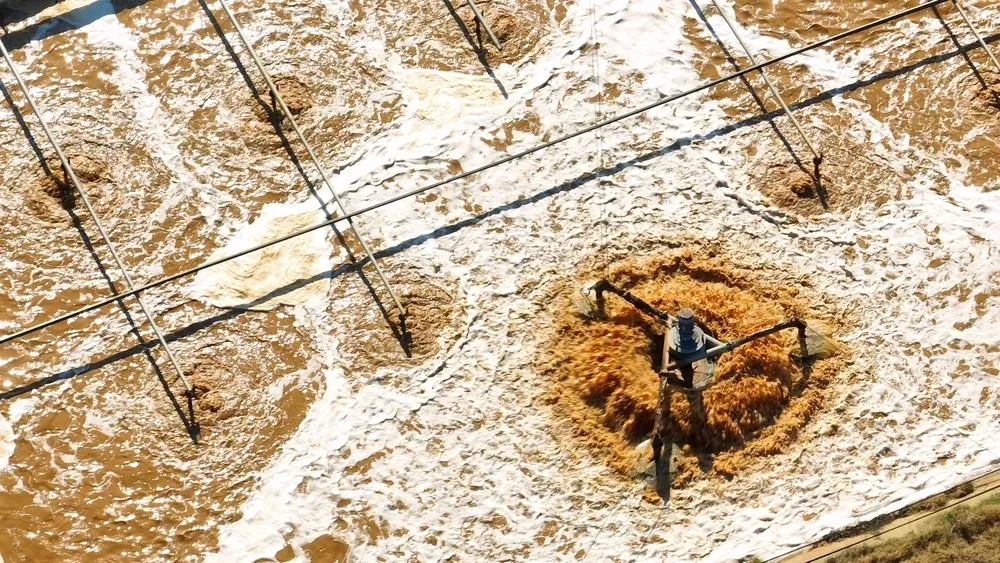Protecting the Marine Environment Course
Introduction
Participants will gain the necessary understanding and skills to protect and conserve marine ecosystems. Protecting the Marine Environment course covers fundamental concepts and techniques for addressing threats to vital ecosystems, emphasizing the importance of marine education for the health of our planet.
Protecting the Marine Environment involves not only responding to current threats but also implementing precautionary measures to prevent future threats. Participants will study methods and technologies that help preserve marine biodiversity, with a focus on ensuring sustainable marine resource management. They will also explore the growing global movement that emphasizes pre-emptive strategies to address foreseeable threats to marine environments.
Objectives
At the end of this Protecting the Marine Environment course, participants will:
- Establish the significance of marine biodiversity and the impact of the destruction of marine environments and biological resources.
- Become familiar with international treaties and policies related to marine environment protection.
- Acquaint themselves with both theoretical and practical aspects of marine pollution prevention.
- Review available options for fishery management and plans for the rehabilitation of ecosystem deserts.
- Understand how community involvement and stakeholder partnerships contribute to the implementation of marine conservation actions.
Training Methodology
- Interactive lectures
- Case studies
- Group discussions
- Hands-on workshops
- Field trips
- Simulation exercises
- Role-playing activities
Course Outline
Unit 1: Introduction to Marine Conservation
- The importance of conserving marine ecosystems and biodiversity
- Major impacts on the marine environment, such as pollution, overexploitation of fisheries, and degradation of marine habitats
- Legal aspects of marine conservation, including treaties like UNCLOS and CBD
Unit 2: Marine Pollution Prevention and Management
- Causes and forms of marine pollution, including chemical pollution, plastics pollution, and oil pollution
- Methods and measures for investigating and estimating pollution levels in seas and oceans
- Technologies and measures for preventing and responding to marine pollution incidents
Unit 3: Sustainable Marine Resource Management
- Elements of fishery and marine spatial planning in sustainable management of fishery resources
- Measures for promoting sustainable practices in aquaculture with reduced by-catch
- Integrated management of coastal zone development, considering conservation and sectoral development interests
Unit 4: Ecosystem Restoration and Conservation
- The importance of marine habitat restoration, with a focus on ecosystem protection and conservation
- Management of marine ecosystem rehabilitation and stewardship, with examples
- Involvement of the public and the scientific community in conservation activities
Unit 5: Engagement and Involvement in Marine Conservation Projects
- Participation of group members and stakeholders in marine conservation initiatives, including administrators, NGOs, the private sector, public institutions, and local communities
- Building partnerships among different types of members
- Engaging the public in marine conservation activities


















